Before you write me off, please consider that neither of these are answers to my question:
In IntelliJ IDEA 2017.2.6, attempting to add JDK9 as an SDK passes but does not work as the classpaths end up empty. Steps to reproduce:
- Open 'Add new SDK dialog'
(go to Project Settings > Project > Project SDK > New > JDK) - Select JDK 9

- Passes, but if you look under SDK > JDK9 classpaths are empty and your code errors out due to base classes not being found. See image:

In IntelliJ IDEA 2017.3 EAP you get an error about JDK classes not being found. See images below:
- Open 'Add new SDK dialog'
(go to Project Settings > Project > Project SDK > New > JDK) - Select JDK 9

- Should pass, but produces error popup

Command line compilation of HelloWorld example with jdk9 works as expected.
EDIT: Found an almost-duplicate: Intellij IDEA 2017.2 can't add openjk 9 on Linux Mint 18. Key differences:
- Linux version: they're using Mint 18, and I'm using Debian Stretch.
- OpenJDK is the latest from the repo at the moment of writing: 9~b181-4~bpo9+1. Even though is the same version, it still does not work in my case.
EDIT: Another possible duplicate: intellij idea does not see java 9 standard classes
I did not understand the answer from the comments though. Tried setting different names for JDK (9 and 1.9) but it still did not show modules instead of classpaths and classpaths remained empty.